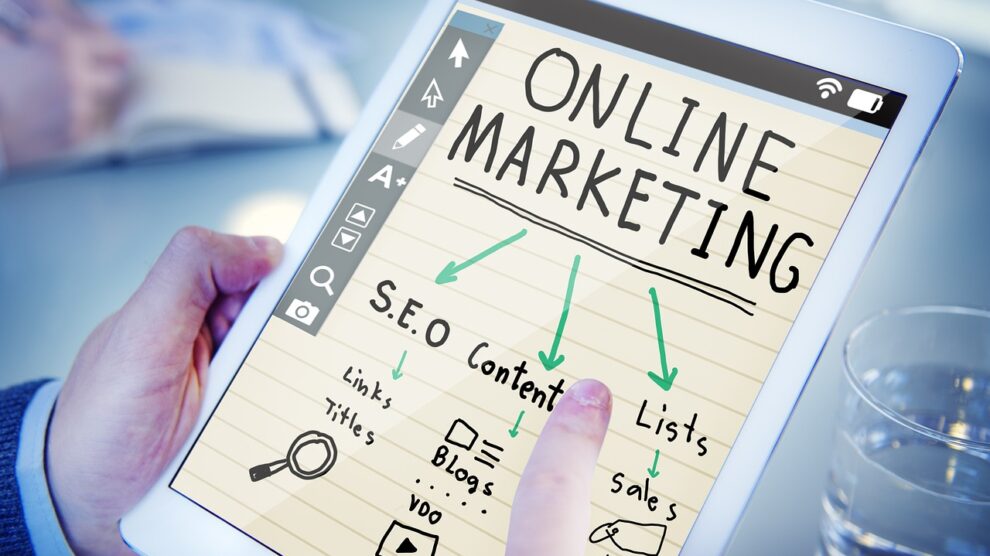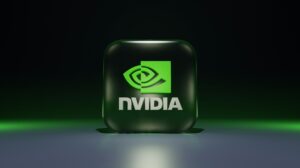Words are powerful! And nothing can beat well-written text in print and online marketing.
But there is something about visuals such as images, videos, and infographics that instantly draws reader attention – enough to connect and entice them with your brand!
In fact, the human brain has always processed images faster than words, so… the new marketing trend of incorporating visuals does not come as a surprise!
And the marketers who are still hesitating with this integration are probably missing out on one of the most significant (and successful) online marketing tactics!
Here is why!
1. Consumers Prefer Visuals
Humans are visual beings! And as mentioned above, we are able to retain information faster that is provided in image-based format – compared to text-only documents! Successful platforms such as Instagram show that visuals are a great source of creating user engagement.
Studies also show that readers pay close attention to photos and other images that provide relevant information. However, they choose to ignore words and fluff pictures that are simply used to fill up the webpages.
Visual content also has the potential to get higher views and engagement, which leads to a better conversion rate in online marketing.
2. We Don’t Like to Read
With the average attention span of humans hitting an all-time low, most of us get distracted easily. And most visitors will simply skim through a web page, reading roughly 20% of the text. They are also likely to spend less than 15 seconds actively reading the text on a webpage – most probably missing out on the crucial message you want to convey.
However, when the same message is converted into a one-minute long video, it gets consumed easily – and in the shortest amount of time.
3. Visuals Trigger an Emotion
Since the brain retains visuals more effectively, it also has a better chance of evoking emotion from readers. A vivid image gets viewers to act and think in different ways. It also helps control their behavior without their realization.
For example, Iowa State University conducted a study on summer camp kids to increase their vegetable consumption. The researching team made use of digital menu boards and featured rotating images of salads. As a result, they found campers eating habits to improve 90%, with boys being especially more responsive to the digital boards.
4. They Are More Memorable
Numerous studies show that it is easier to remember things when we see them in a visual format. They are also retained for a more extended period as compared to reading or hearing the same information.
Take for instance, a video tutorial of a recipe. Seeing the dish being actually prepared will help you recall the steps better during cooking versus reading it in a text-based format.
5. Social Media Engagements Far Better with Visuals
Above all, visual content can be a huge asset for marketers who want to promote their product/service through social media. And several studies prove that:
- Tweets with images receive 150% more retweets
- Facebook posts with images see 2-3X more engagement than those without
- Posts that include images have a 650% higher engagement rate
- 6 billion video ads are watched online each year
- Instagrammers share 95 million photos daily
With these statistics in mind, marketers should focus on enhancing visuals in their online marketing protocols to improve the likelihood of consumer engagement.
Plan of Action for a Successful Visual Content Strategy
Before embarking on a visual content strategy, it should be remembered that not every type of visual will produce the same impact. Also, just randomly adding an image will not be sufficient for your visual marketing strategy.
Consumers are ready to consume visuals in every format, so add a little variety to make your content stand out.
1. Use Images
Images serve as one of the best ways to break up long blocks of text and compel visitors to complete reading what you have written. Blog posts with images also get more views and a low-bounce rate.
Ideally, it is best to use original images or create your own. You can also use Canva and similar websites to design your own images using a simplistic drag-and-drop interface. Alternatively, there is an unlimited number of excellent-quality photos available on free and paid stock image sites. They can prove to be fantastic image sources for your social media and online marketing.
2. Videos
Videos are one of the most important visual aspects used in online marketing and are generally preferred by online audiences for both information and entertainment. Although more expensive than other visual modes, video plays a substantial role in influencing consumer purchasing decisions.
You can create various styles of videos, such as explanatory, animated, tutorials, or even one consisting of consumer testimonials. Whatever style of video you choose, make sure it is synonymous with the overall style and layout of your brand.
3. Infographic
Infographics are excellent for lead generation as well as for increasing engagement and traffic, allowing marketers to illustrate statistics and data in an easy-to-understand display.
Viewers also love them because the visually compelling graphs enable them to grasp even the most complex information seamlessly.
4. Presentations
If you have a topic that is too lengthy to be appropriate for infographics, we suggest integrating a slideshow presentation for your audience. An effective boardroom strategy, presentations in online marketing allow advertisers to effectively communicate regarding a product or service.
5. Screenshots
Screenshots are another great way to back up claims you make in your marketing campaign.
They help provide a more in-depth explanation of a specific function or the happenings behind the scene. You can also use them to capture consumer testimonials and experience from forums or social media.
Over to You
Visuals or words are both great on their own. But when you combine them both, you can expect phenomenal results from your online marketing strategy. In fact, visual content taps into the audience’s visceral psyche, encouraging them to probe further about your brand – and ultimately convert as loyal consumers.
Simply put, take full advantage of visual content and see how engagement and awareness with your brand skyrocket.





